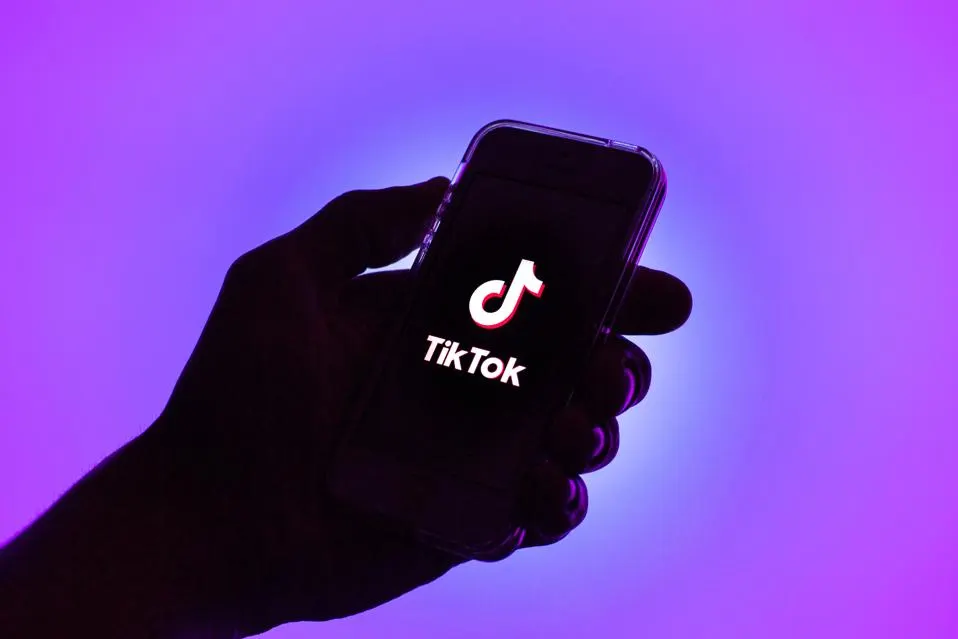
TikTok. (Photo Illustration by Thiago Prudêncio/SOPA Images/LightRocket via Getty Images)
SOPA IMAGES/LIGHTROCKET VIA GETTY IMAGES
On TikTok, digital activists are blocking celebrities who fail to use their platforms to speak out against injustice, hoping to pressure the rich and famous into action.
By blocking influencers across multiple platforms, mainly TikTok and Instagram, activists intend to reduce engagement and the earning potential of stars who rely on branding deals tied to their follower
Why Are TikTok Users Blocking Celebrities?
TikTok activists understand the value of attention — if celebrities can capitalize from their fame with branding deals, than why can’t they raise awareness for charitable causes?
TikTok users can still see sponsored posts from influencers they do not follow, but blocking an account ensures that all their posts — including sponsored content and ads — are removed from the timeline.
Hence, activists hope that the blocking campaign will force influencers and celebrities into using their platforms for more than advertising.
The movement has been referred to as “Blockout,” “BlockTok,” and the “Digitine” (digital guillotine).
Critics have dismissed the collective blocking as “cancel culture” or “slacktivism,” but supporters have cited a decline in the follower numbers of targeted celebrities, and pointed out that some have been pressured into speaking out.
How Did The ‘Digitine’ Movement Begin?
In the wake of widening wealth inequality, online animosity toward the rich and famous has been growing, as the intimacy of social media highlights the economic gap between celebrities and their fans.
Social media users scroll through images and videos of celebrity excess, alongside the ravages of war, economic despair and climate change, all on the same timeline.
The stark contrast between suffering and indulgence has led to comparisons to The Hunger Games — author Suzanne Collins has spoken of the cognitive dissonance she experienced while flicking through cable channels, seamlessly shifting from war coverage to reality TV, sparking inspiration for her dystopian series.
On TikTok, Hunger Games references were made during the 2024 Met Gala, with many finding the opulence on display uncomfortable, but a tasteless joke from influencer Haley Kalil (@haleyybaylee) inspired commentators to take action.
Posting a clip of herself dressed for the Met Gala, Kalil lip-synced a line spoken by Kirsten Dunst as Marie Antoinette, “let them eat cake.”
The infamous (possibly fictional) quote is said to have been spoken by the French queen after she was told her starving subjects were running out of bread.
TikTok users didn’t find the joke funny, but @ladyfromtheoutside posted a response video declaring digital class war, stating:
“It’s time to block all of the celebrities, influencers, and wealthy socialites who are not using their resources to help those in dire need. We gave them their platforms. It’s time to take it back, take our views away, our likes, our comments, our money, by blocking them on all social media and digital platforms.”
Kalil has since deleted the video and posted a lengthy apology, but it was too late — other TikTok users began spreading the #digitine hashtag and targeting big names like Kim Kardashian and Taylor Swift.
TikTok users cited the plight of Palastinians in Gaza, wealth inequality and the climate crisis as worthy causes that celebrities could be drawing attention to, and began creating and sharing block lists of celebrities perceived to be silent.
However, the lists have been criticized as disorganized and contradictory — one user pointed out that some of the lists included the names of deceased celebrities, along with those who have publicly spoken out against injustice.
How Effective Has The ‘Digitine’ Protest Been?
Notably, some celebrities have spoken up after appearing on the block lists, such as Lizzo, who posted a video on Instagram asking followers to donate to aid organizations helping the inhabitants of Gaza, Sudan and the Congo, and clarifying that she had donated money to all three organizations.
Lizzo didn’t specify how much she donated, but reports citing donations from her stage name suggest that the singer gave roughly $10,000 to a fundraiser connected to Operation Olive Branch, a volunteer-led collective that directs funds to campaigns that help displaced Palestinians.
Analytics site Social Blade shows a drop in followers for many of the names that have appeared on the lists, with some losing hundreds of thousands since the movement began.
The numbers are small compared to their overall following, but may not reflect the true impact of the protest, as many of the participants might not have been following these celebrities in the first place.
On TikTok, Taylor Swift’s 32-million following dropped by 200,000, while her Instagram saw a drop of 328,000, leaving her with 283 million overall. Kim Kardashian lost almost a million followers on Instagram, but has more than 362 million in total.
Haley Kalil, the influencer who inspired the hashtag, lost 100,000 followers on TikTok, but currently has more than 9 million.
The hashtag has inspired debates on TikTok over how effective the mass-blocking movement really is.
Small creators often depend on branding deals tied to their follower counts, but big names like Kim Kardashian and Taylor Swift seem to have attracted the most attention; considering that both have hundreds of millions of followers, and multiple income streams outside of social media, the two stars seem the least likely to be affected by the protest.
At the very least, the digitine movement has sparked conversations about social injustice and wealth inequality.
#BlackLivesMatter and #MeToo began life as hashtags before snowballing into multi-pronged movements that blended digital activism and active protest. The digitine has, thus far, been confined to social media.
However, the BBC noted that digital activism can serve as an effective tool, helping to raise awareness and shape political movements.
The digitine might be more a symbol of discontent than a full-blown revolution, but it implies a cultural shift, indicating that the public expects celebrities and influencers to contribute more to society, beyond the realm of entertainment.
文章来源:forbes


TKFFF公众号
扫码关注领【TK运营地图】

TKFFF合作,请扫码联系!


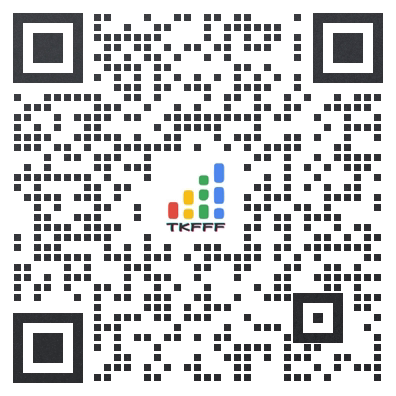
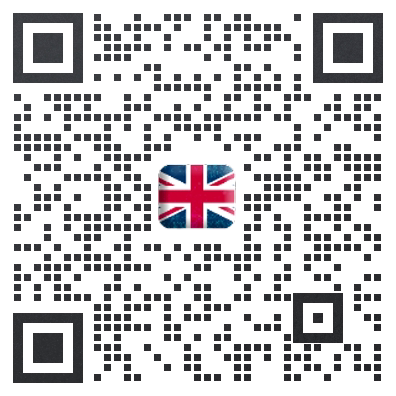
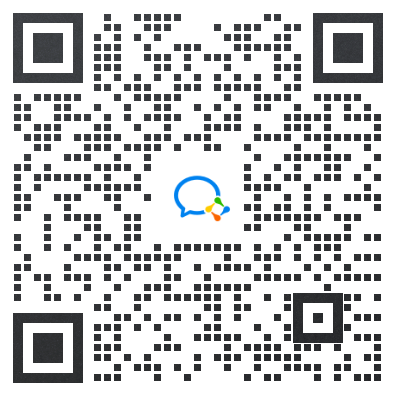
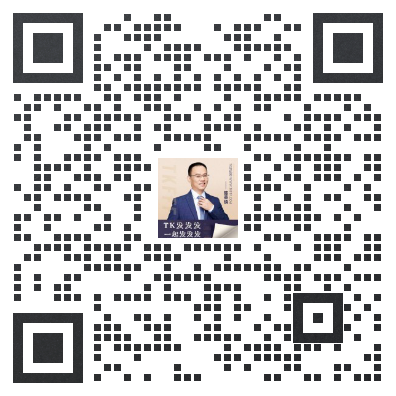
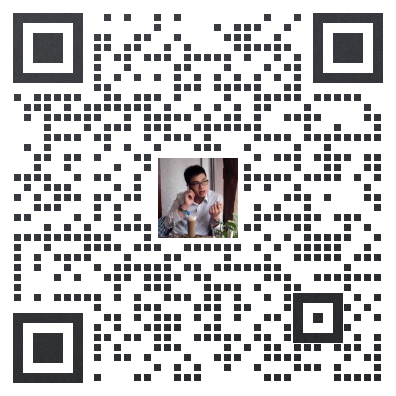
 闽公网安备35021102002035号
闽公网安备35021102002035号